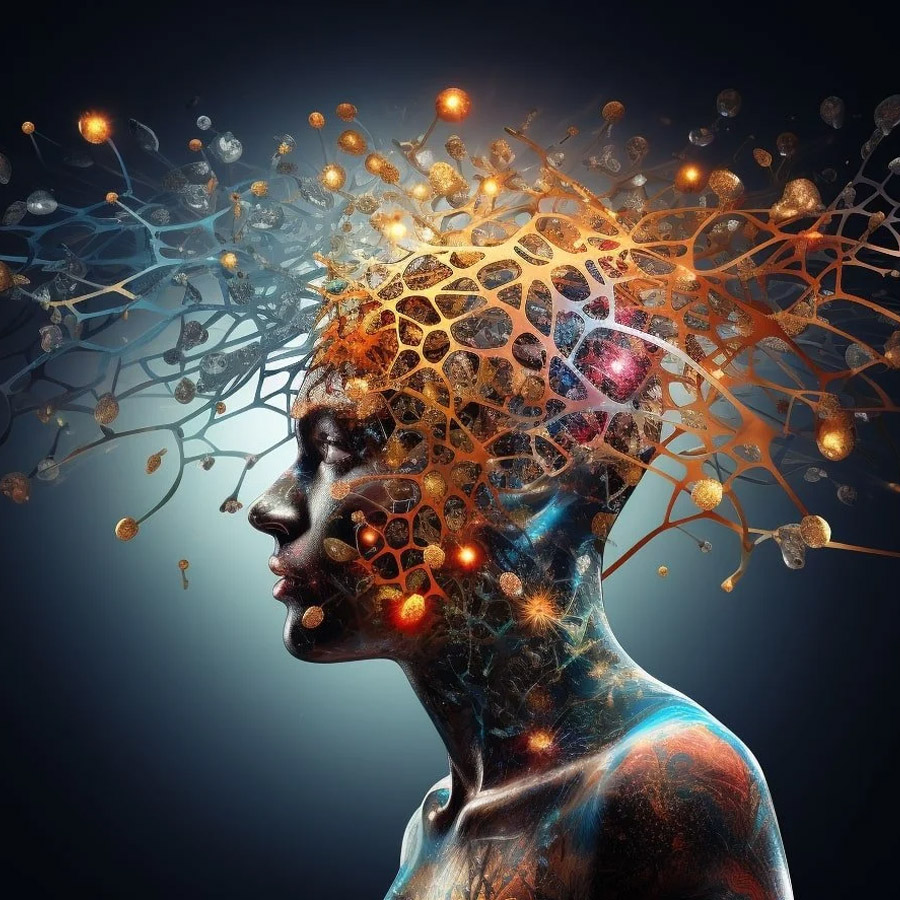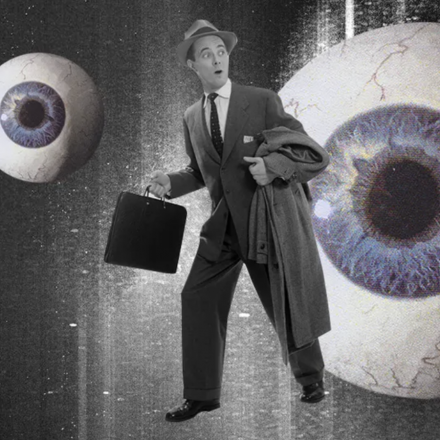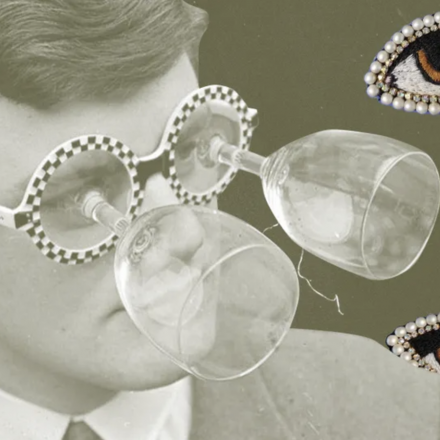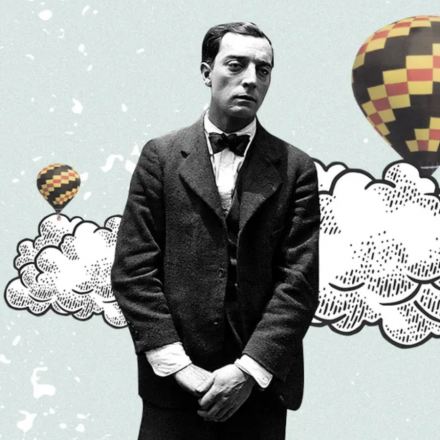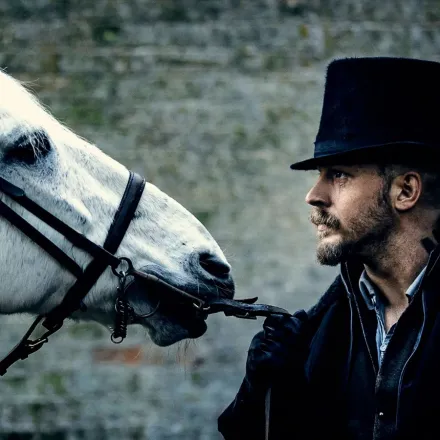We often see consciousness as a tool that allows us to be aware of the world, make decisions, and act in our own interests. But what if its main role is much more complex? Perhaps consciousness doesn’t just open doors of opportunity for us, but also compels us to do things we otherwise would never do. It pushes us toward goals, interests, and sensations that would have never caught our attention.
Consciousness as a Source of Fascination
Think about how grand our lives are thanks to consciousness's ability to captivate us. At first glance, this sounds simple. But without consciousness, we wouldn’t enjoy many things that make life so vibrant. Consider how you react to music, light, touch, or even heavy rain. Many animals with phenomenal consciousness can immerse themselves in such sensations with obvious pleasure. For example, scientists in Tanzania observed a female chimpanzee repeatedly dipping her fingers into running water, completely absorbed in its play with light and sound. A seemingly simple phenomenon, but her reaction is a real example of how consciousness transforms perception.
Byron-like Passion for Sensations
But that’s just the tip of the iceberg. The real magic of consciousness unfolds when we see creatures experience a “Byron-like” passion for life. One of the most vivid examples of this is a chimpanzee that, during a thunderstorm, jumps into an open space, dances, and screeches under the pouring rain, lit by flashes of lightning. This wild dance with nature is more than just a reaction to external stimuli — it’s an enjoyment of the very fact of existence.
Will to Life
Such behavior is not just coincidence. It suggests that consciousness creates in us the will to live. If we can experience pleasure from existence, then we probably develop a desire to continue living. This leads us to think that our goals and desires are formed not just from biological needs but from a deeper emotional interaction with the world. After all, the more we enjoy life, the more we want to continue it — such is the nature of consciousness.
Human and Animal: What’s the Difference?
Some might argue that such observations of animals have little to do with humans. But if you think about it, there aren’t so many differences between us and these creatures. We also comprehend the world through consciousness, find pleasure in the little things, and set goals that go beyond mere survival. Perhaps this is the bridge that connects humans and animals: the desire not just to live, but to live with enjoyment.
Consciousness isn’t just a tool that helps us survive. It’s the catalyst for our desires, interests, and even the very “will to live.” Without it, our reality would be dull and flat. So the next time you enjoy a simple moment, like raindrops on your skin or the sunrise, remember: it’s your consciousness that allows you to feel the beauty of existence. And perhaps therein lies the true meaning of life — to enjoy what it has to offer.

